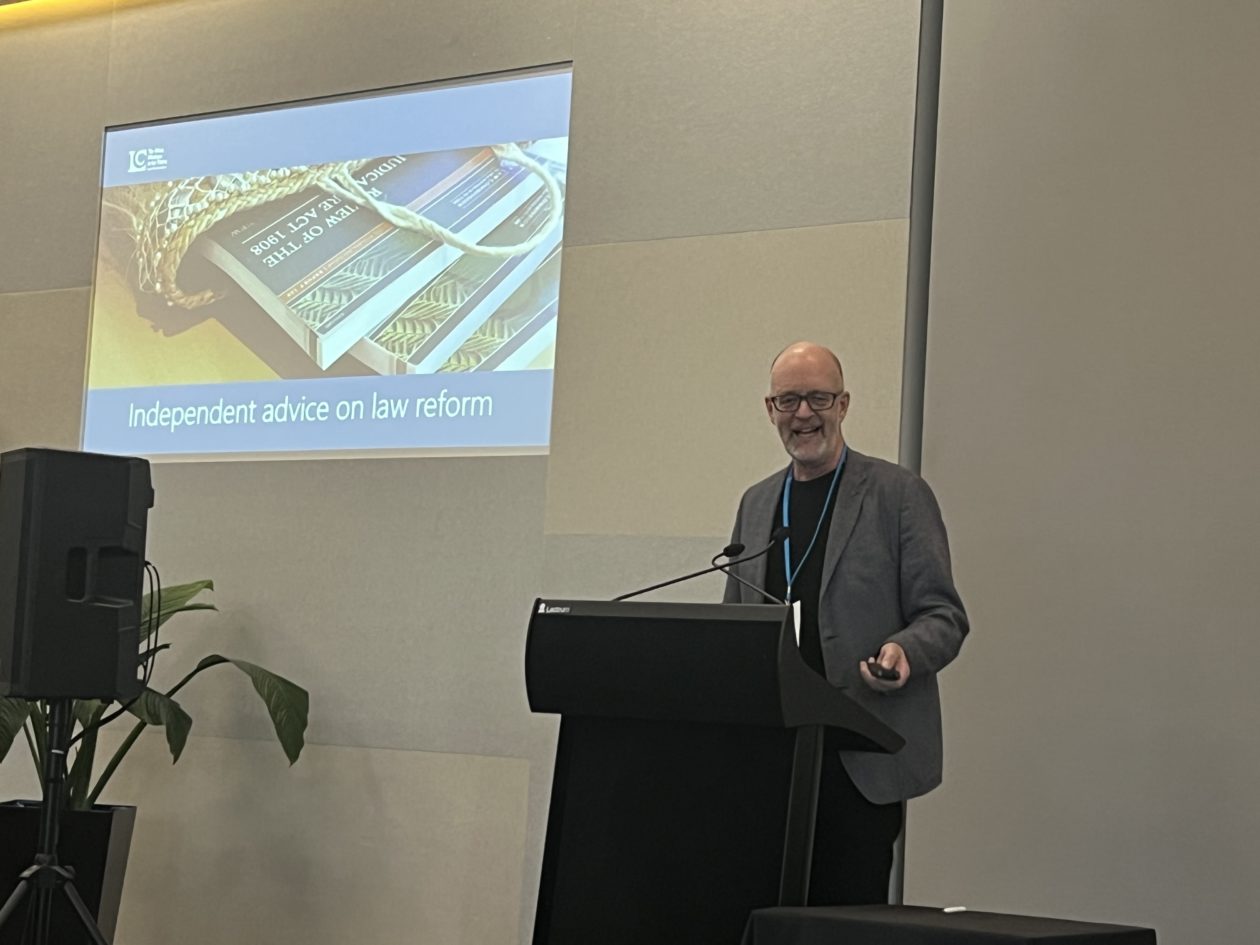Submissions open on second round of adult-decision making capacity review

While a person’s decision-making capacity may not be a topic often discussed at the dinner table, it’s an important issue which public needs to take note of.
Te Aka Matua o te Ture Law Commission has published the Second Issues Paper in the review of the law relating to adult decision-making capacity. It mainly focuses on the Protection of Personal and Property Rights Act 1988.
This act sets out decision-making arrangements which can apply when someone does not have decision-making capacity, such as enduring powers of attorney, welfare guardians and property managers.
Alzheimers NZ Chief Executive Catherine Hall says people with dementia mate wareware are often denied the opportunity to make their own decisions, as it is often incorrectly assumed they cannot make decisions for themselves.
“We believe people with dementia mate wareware have the right to make their own decisions with the appropriate level of support required for them to do so. I encourage everybody to make a submission alongside us on this important kaupapa,” she says.
“It was great to have Kaikōmihana Commissioner Geof Shirtcliffe join our Repositioning Dementia: Seeking solutions event in March to update the sector on this project.”
Alzheimers NZ submitted on the first round of consultation and recommendations included better terminology to determine health conditions of disabled people and to provide clear guidance to establish decision-making arrangement mechanisms that are simpler and work better.
Submissions on the Second Issues Paper can be made online and are due by 5pm on Friday 21 June 2024.
The Commission has also published four key topic documents. These are short, plain-language summaries of a few of the most important topics in the Second Issues Paper and are available in accessible formats and te reo Māori.
Once the final report is issued it is up to Government how and when to change the law.
Caption: Kaikōmihana Commissioner Geof Shirtcliffe at Repositioning Dementia: Seeking solutions

